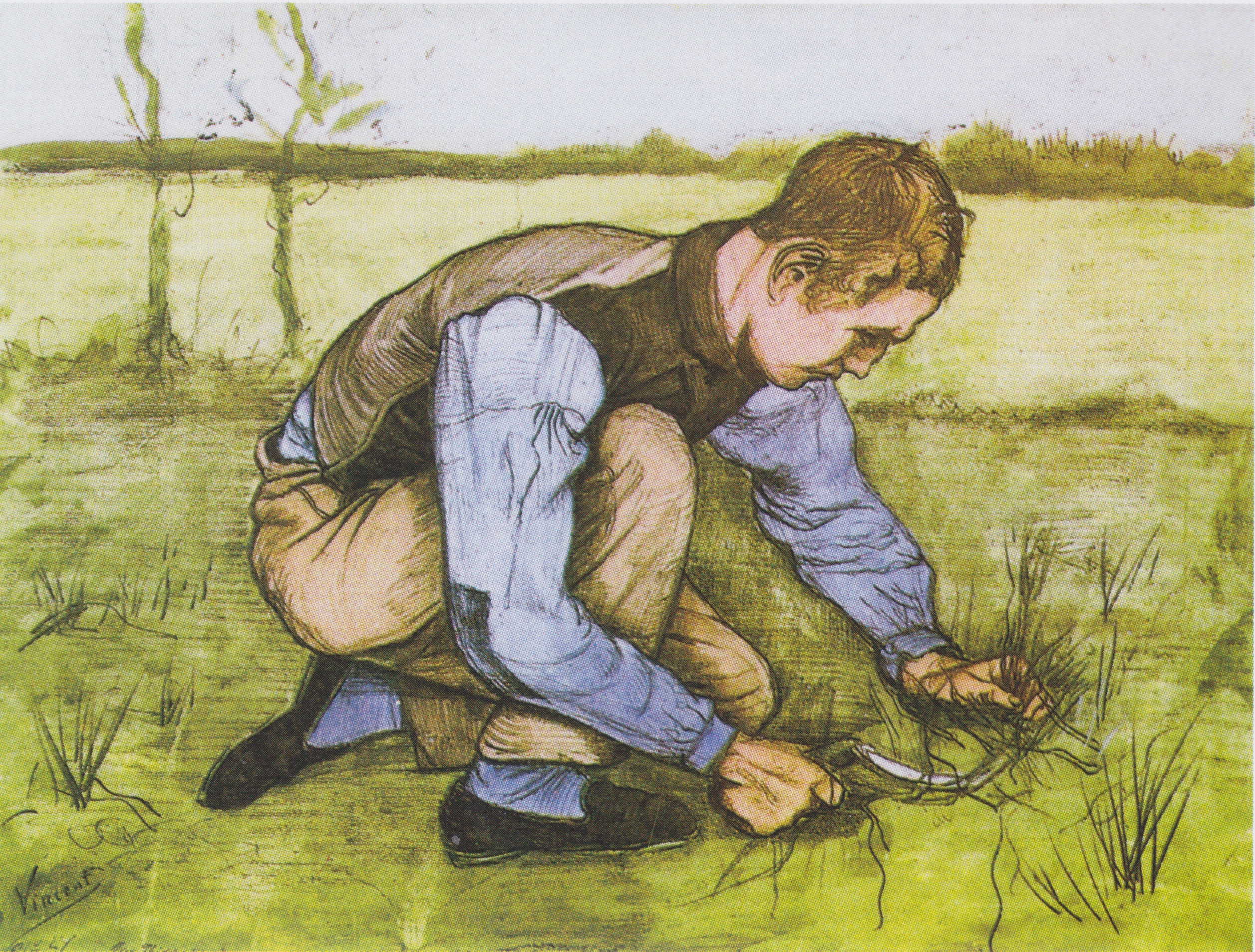If you have poor self-esteem or are easily offended, shame is the operative emotion. If you lack confidence, feel awkward around others or just are uncomfortable in your own skin, then an unhealthy shame is defining your experience. When you sense that you are fatally flawed and believe that you will never fit in, then shame is doing the talking. If you feel unimportant or uncared for in your marriage – or if your spouse reports these feelings – again, shame is happening. In all of these issues and a variety of others, one primary emotion is the chief source of pain and like all emotions it is telling you something about yourself, not the circumstances, the back story or anybody else.
What’s the message? Shame is saying that your belonging in the community has eroded – a serious problem for social creatures today and a huge problem in evolutionary terms. Getting kicked out of an ancient nomadic tribe would have been fatal. If the problem is behavior, then it’s possible that the behavior needs to change. Think “silence your cell phone” or “stop reading over my shoulder.” This is healthy shame. If the problem, however, is a judgment of your identity or your story, some quality about you, then the shame is derived from ego, and the ego needs healing.
Ego is a complex beast and a subject of its own, but it is usually what you mean when you refer to “I” or “me.” It feels like who you are (though it really isn’t). Pride boosts the ego and shame erodes it.
Who is judging this ego? Answering this question sets the direction for healing. If the negative evaluation is coming from an external source, its purpose is to transfer shame from the source to you. People protect their pride by shaming others, almost like a zero-sum game. This shame needs to be given back and better protective skills developed for the future. If the judgment is coming from within (perfectionism, idealism, “shoulds”), then the work lies in (self-) compassion, mercy, humility, acceptance, letting go. It’s an almost or an actual spiritual path of learning to be human in a contingent, imperfect world – the only world there is.
Shame is the master emotion because it guides so much of our behavior. We evaluate our every move in advance and in hindsight based on whether it will be evaluated honorably or shamefully. Any dose of ego-shame we experience is replayed, over-analyzed and becomes the key memory from the day. When this shame/pride system struggles long-term, depression and anxiety can result. We all long to have and to hold onto a place and a community where we are held in esteem, where we belong. Belonging, a form of love, is the core human psychological need.






